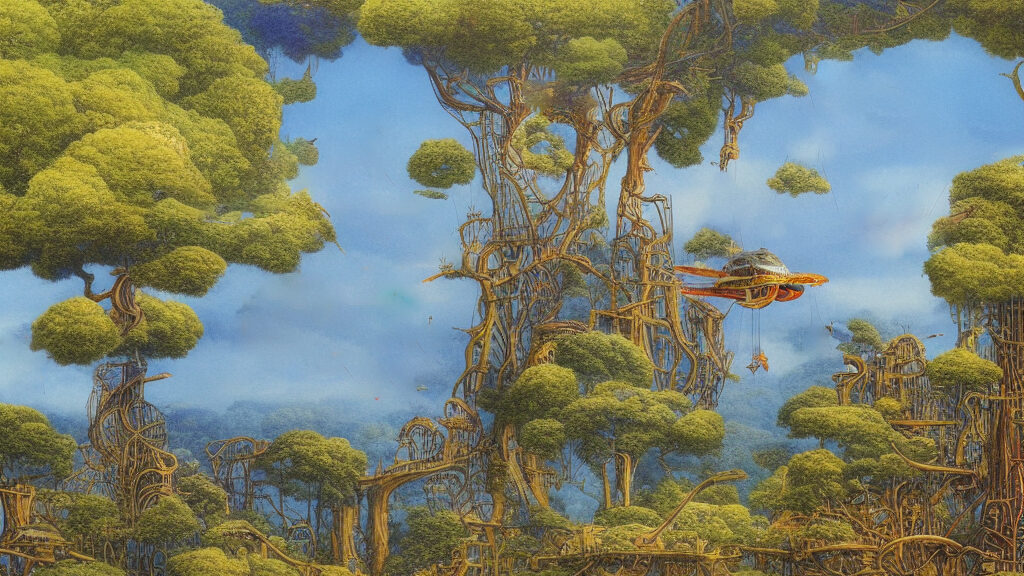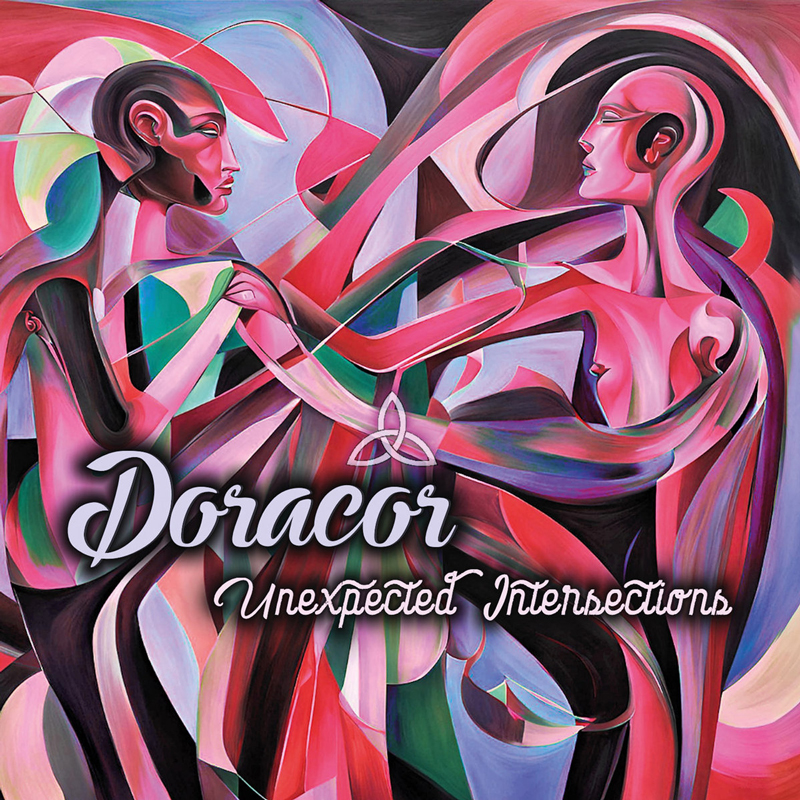Doracor – Unexpected Intersections (AMS Records, 2025)
Doracor’s 2025 album Unexpected Intersections is a hodgepodge of musical influences that pull in multiple directions. Long known to Italian progheads for sprawling synthscapes and symphonic precision, Corrado Sardella now ventures into far softer terrain, somewhere between a New Age spa and Italian pop radio.
From the outset, the miniature overture “Journey” sets a cinematic tone. Though brief, it signals a record preoccupied with memory and longing. “Remnants of Memories,” the album’s first proper epic, delivers what longtime Doracor fans crave: neo-prog keyboards and a pair of searing guitar solos. Sardella is clearly in his element here, crafting a multipart suite where voice and instrument entwine with operatic intent. But then comes the first of many detours.
“After Waking” floats in on ambient pads and breathy vocals, settling into a soft rock ballad that feels radio-ready by mid-1980s standards. “Il Coraggio di Essere” follows suit, with piano and agile fusion fretless bass. There’s a fine synth solo tucked inside, but blink and you’ll miss it. Just as quickly, the record slips back into light jazz with “Distant Lights (You Can’t Forget),” where a smooth saxophone line wraps itself around a beachy, almost saccharine groove. A fine guitar solo salvages it, but the sweetness nearly overwhelms.
Sardella’s affection for Italian romantic pop surfaces fully on “Quel Folle Volo,” an orchestral ballad with syrupy strings and vocal lines fit for a Sanremo Festival stage. And then, like a brief breath, “That Silent Tear – Intro” repositions the listener with a meditation-style whisper, giving way to the Enya-esque elegance of “That Silent Tear,” which slowly blossoms into a more familiar prog-jazz territory by its end.
Several shorter tracks (“And I Miss You,” “Simply You,” “Stella D’Agosto,” and “Laurie”) lean too heavily on sentimentality. They serve as personal interlude, but never quite develop beyond soft piano motifs and overly saccharine vocal lines. “Esegesi di Una Fiaba Inenarrata” brings us back to prog with a compact, melodic guitar-driven instrumental, offering a much-needed bite.
The title track, a 15-minute suite, split into ten micro-movements, is the album’s conceptual and emotional heart. Here Sardella reclaims his compositional authority. From the ominous choir-led “Playing with Fears” to the Celtic-tinged “Our Better World (Bagpipes Theme),” he weaves symphonic elements, hard rock riffs, synth leads, and choral sounds into a patchwork of varying emotional climates. It’s not always cohesive, but it’s ambitious, animated, and unafraid to mix the epic with the absurd (“The Purple Nose” comes to mind).
Closing track “Di Quei Giorni Infiniti” is a wistful fade-out, capping the album with the same dreamy uncertainty that opened it.

